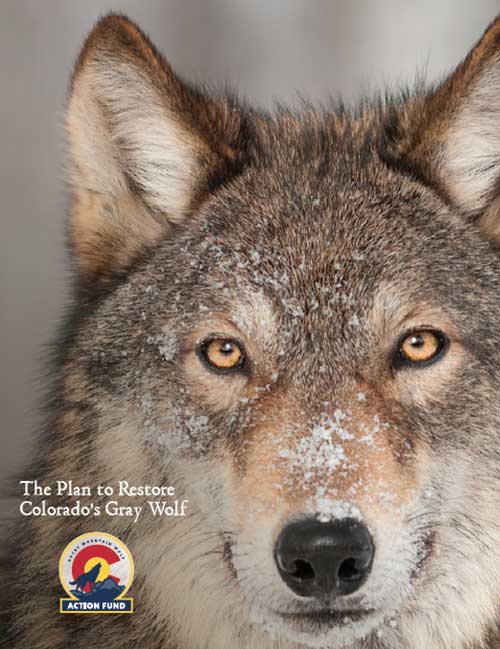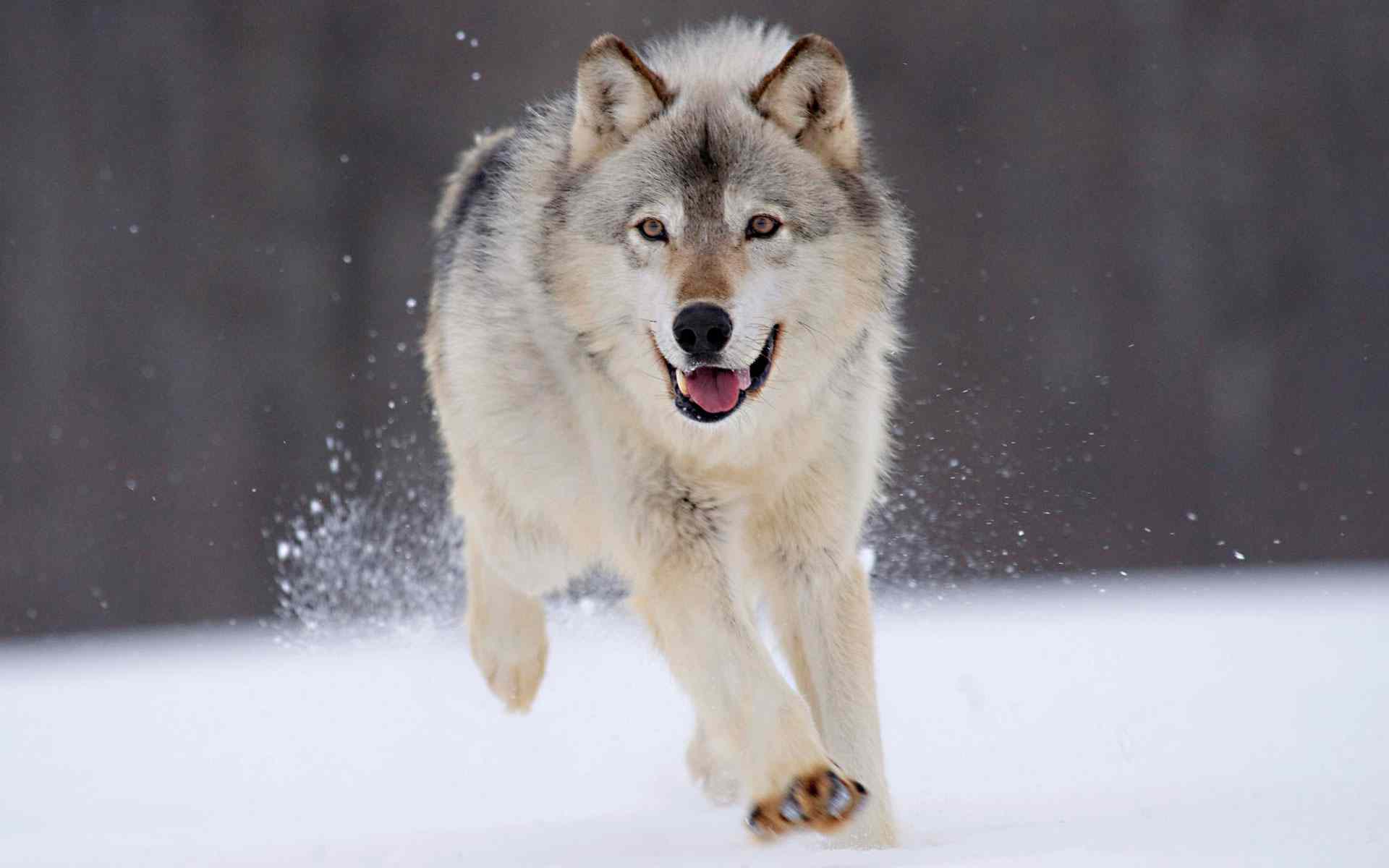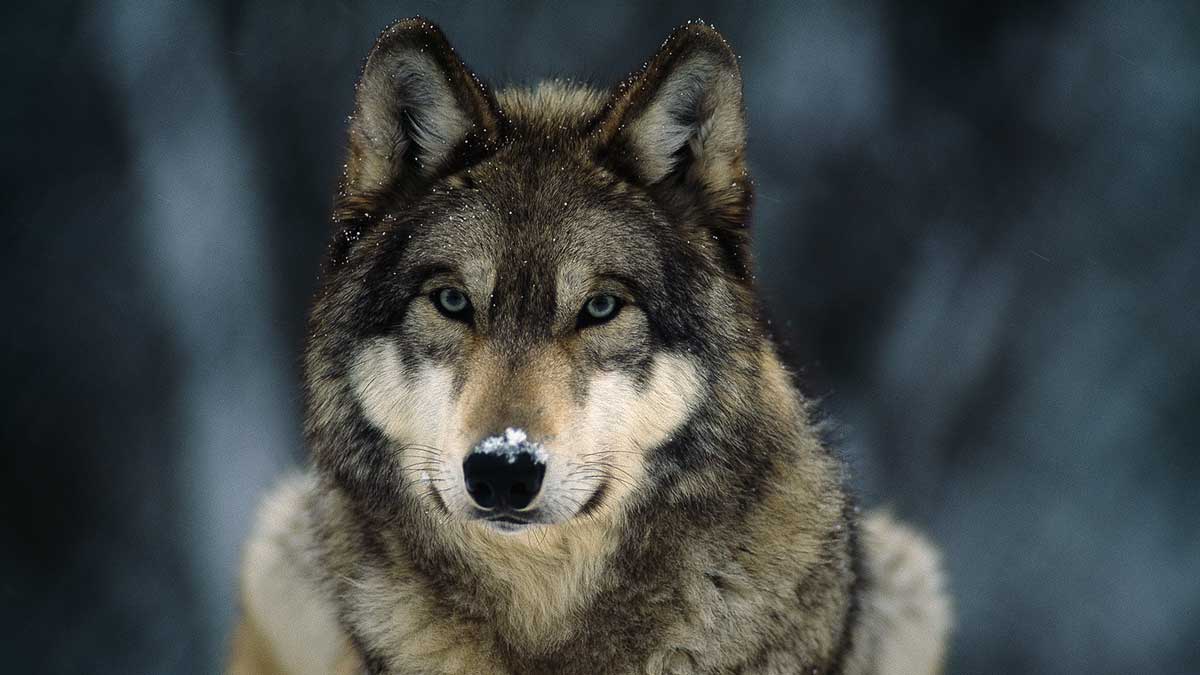|
|
How can you help wolves?
|
|
|
|
 |

Many concerned folks ask, "How Can I Help Wolves?". Here's a comprehensive guide to resources and actions you can take to help wolves:
Learn About Wolves
- Read books and peer-reviewed research, watch videos from this extensive curated list
- And there's more curated publications and suggested reading at livingwithwolves.org
- Download free e-books and more at rockymountainwolfproject.org - especially the “Living With Wolves” Photographic Exhibit
- Read "American Wolf: A True Story of Survival and Obsession in the West" by Nate Blakeslee
- Read “Decade Of The Wolf” by Doug Smith and Gary Ferguson
- Watch “How Wolves Change Rivers” with 36 million YouTube views!
- Watch the documentary movie “Medicine Of The Wolf”
- Watch the documentary movie or read the book “Living With Wolves” (DVD/Book)
- Watch the documentary movie “A Season Of Predators”
- Listen to a piece about the 06 female wolf in Yellowstone
- “Like” the “Legend Of Lamar Valley/The Valley Of Wolves” Facebook page (a community of wolf watchers from Yellowstone that post photos/videos of Yellowstone wolves, and share info on what’s going on in the world of wolves)
Join, Volunteer & Stay Current
- Join your Colorado Sierra Club and participate in your local Group meetings & events
- Indicate your volunteer interest in “wolves” here
- Volunteer with your local Colorado Sierra Club Group
- Meet your local Colorado Sierra Club Group Project Wolf Team member
- Sign-up for email updates from the Rocky Mountain Wolf Project
- Follow the Rocky Mountain Wolf Project on Facebook and their events calendar
- Sign-up for the weekly e-newsletter from the Timber Wolf Information Network

Spread The Word Everyday
- Proudly display wolf-friendly bumper stickers (esp. “Colorado Needs Wolves Need Colorado” from the Colorado Sierra Club, and “Colorado Needs Wolves” from the Colorado Wolf And Wildlife Center)
- Share posts & photos from reliable, factual sources and wolf-advocacy organizations on Facebook, Instagram, Twitter (one post/photo per week)
- With the help of your local Colorado Sierra Club Group Project Wolf Team member, write timely letters to your local newspaper
Engage!
- Keep track of wolf/wildlife legislation at local, state and national levels.
- Sign online petitions, join campaigns and contact legislators.
- Fight attempts to de-list wolves (all species) from the Endangered Species Act
- Fight attempts to “de-fang” the Endangered Species Act
- “Like” your local and state legislators on Facebook
- “Like” wolf-advocacy organizations on Facebook:
- Colorado Sierra Club (and your local Group), Defenders Of Wildlife, Rocky Mountain Wolf Project, Wolf Conservation Center
- Participate in wolf-advocacy marches and demonstrations
-
Get Up Close And Personal
- Visit a Colorado wolf sanctuary
- Colorado Wolf And Wildlife Center in Divide
- Mission: Wolf near Westcliffe
- W.O.L.F. Sanctuary (currently private but open to the public soon)
- Wolfwood Refuge in Ignacio
- Visit a wolf sanctuary when traveling the US
- International Wolf Center in Ely, Minnesota
- Wolf Conservation Center in South Salem, New York
- Wolf Haven International n Tenino, Washington
- Wolf Sanctuary Of Pennsylvania in Lititz, Pennsylvania
- Visit Yellowstone National Park & take a guided wolf discovery/photography tour (google “Yellowstone wolf tours”)